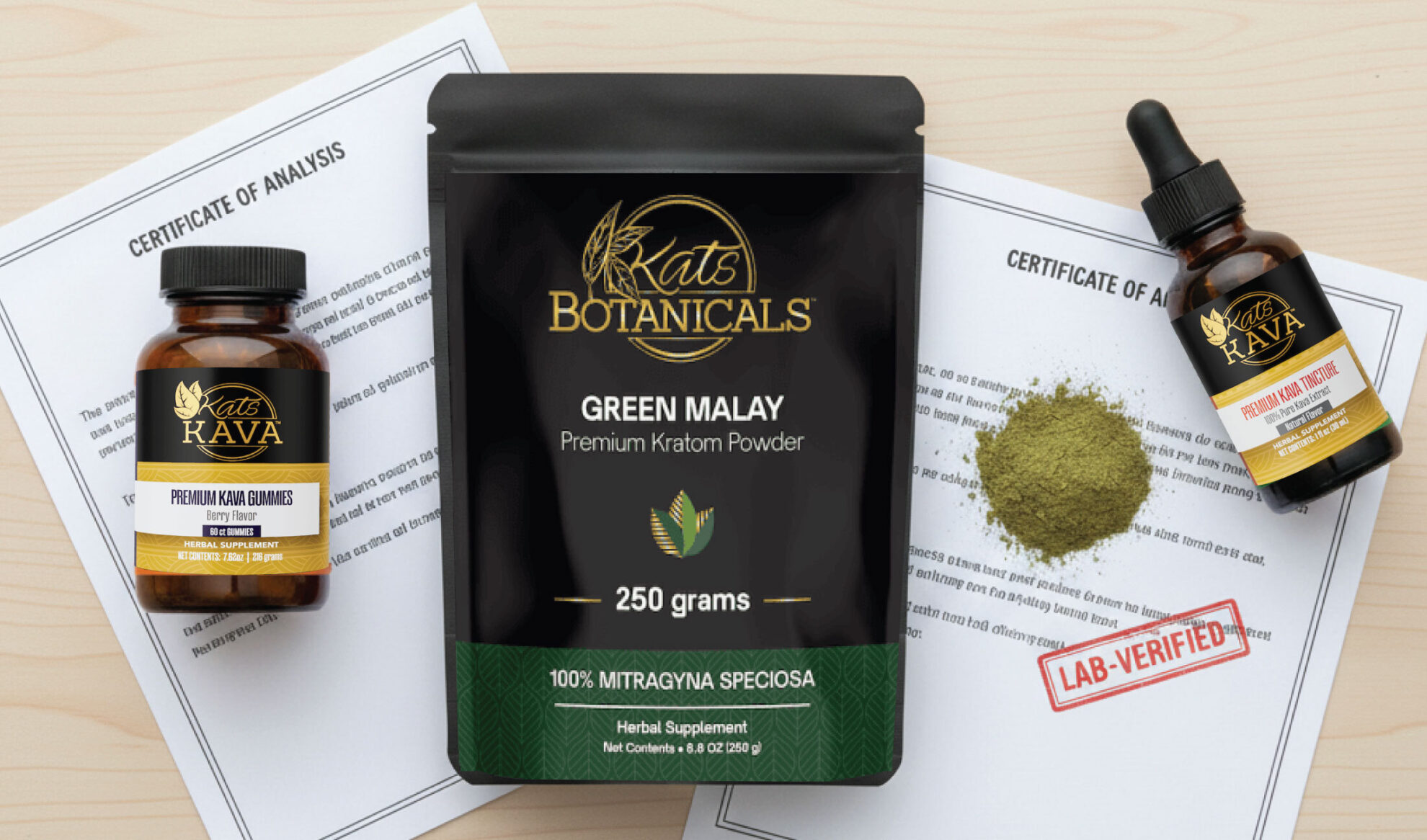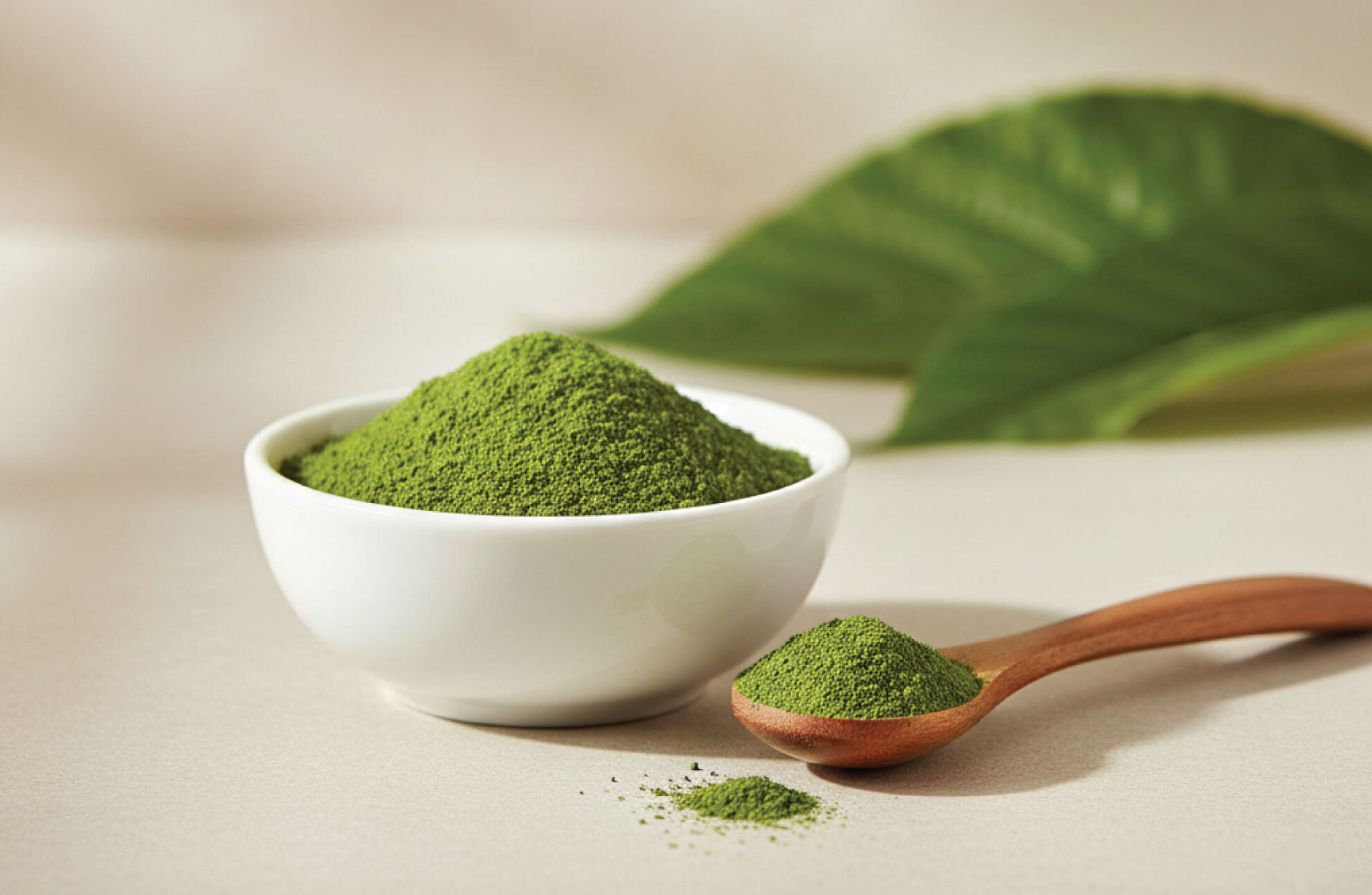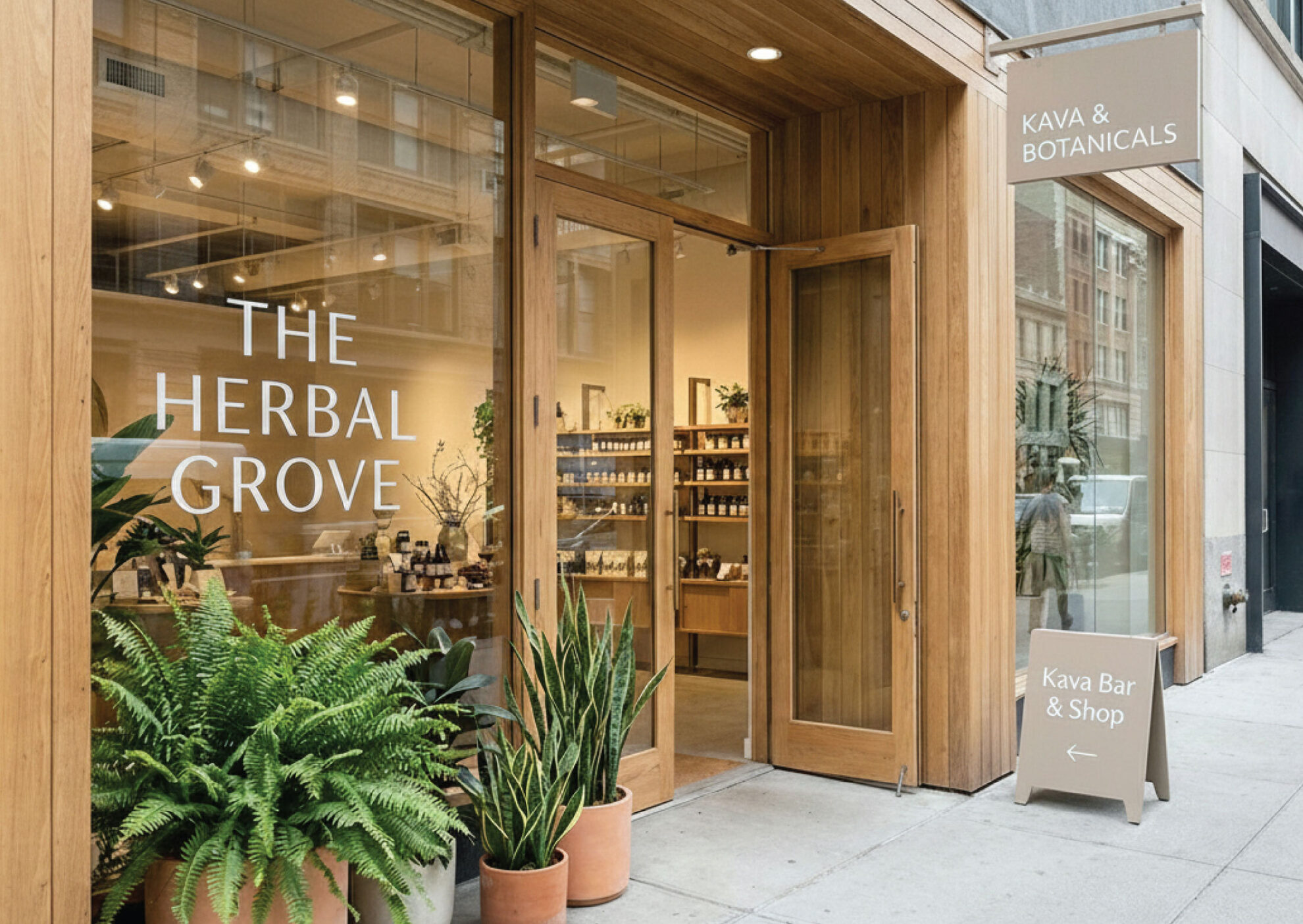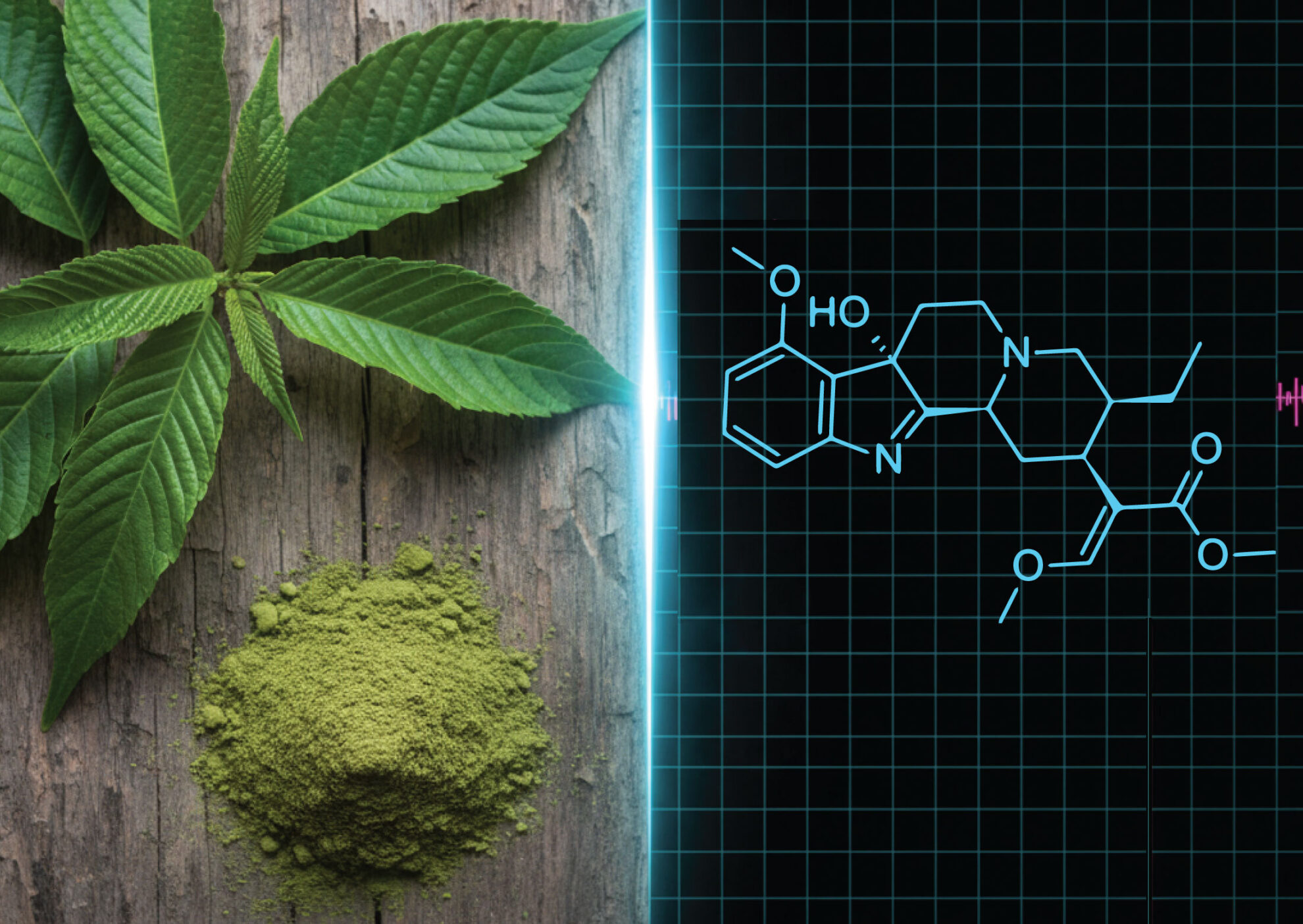If you live in Vermont or plan to travel there, you may be asking: Is Kratom legal in Vermont in 2025? The answer is clear: Kratom is banned statewide.
Vermont law classifies Kratom as a Schedule I substance. More specifically, Kratom’s two primary alkaloids, Mitragynine and 7-Hydroxymitragynine.
This means possessing, selling, or importing Kratom in any form is prohibited. Among New England states, Vermont takes the strictest stance against Kratom. In Vermont, Kratom’s prohibition has not changed, despite lesser regulation in neighboring states.
This guide explores the Kratom ban in Vermont. We’ll share how penalties work, what reform attempts have looked like, and how the state compares to other U.S. states.
Kratom’s Legal Status in Vermont (2025)
To understand Vermont’s ban on Kratom, we must first look at the alkaloids found in Kratom. How the state classifies these compounds under controlled substance law is key.
Unlike most states that allow or regulate Kratom, Vermont treats the plant’s active compounds as Schedule I drugs. This places Kratom’s active compounds in the same category as some of the strictest prohibitions in the country.
When and How the Ban Began
Vermont added Kratom’s alkaloids to its controlled substance schedule in 2016.
The timing was significant. That year, the federal Drug Enforcement Administration (DEA) tried to make Kratom a Schedule I drug nationwide. This “emergency scheduling” drew immediate public backlash. Tens of thousands of consumers, doctors, and advocacy groups protested. Members of Congress even signed letters urging the DEA to halt the move.
While the DEA backed down, Vermont did not. State lawmakers pursued a full ban on Kratom. Vermont law now treats Kratom alkaloids with the same prohibitory measures as heroin, LSD, and other Schedule I drugs.
This decision has made Vermont one of the few states where Kratom possession is treated as a criminal offense with no exceptions.
Senate Bill 121: Vermont’s Missed Chance at Regulation
In 2023, the Vermont General Assembly failed to pass S128, “an act relating to the regulation of Kratom products”. In March 2025, Vermont lawmakers introduced Senate Bill 121. This bill was modeled after the Kratom Consumer Protection Act (KCPA). The bill aimed to replace prohibition with regulation.
Had it passed, SB 121 would have required:
- Third-party lab testing to verify purity and alkaloid content.
- Clear product labeling, including Mitragynine and 7-OH levels.
- Age restrictions, banning sales to anyone under 21.
- Vendor licensing, ensuring accountability and compliance.
This model has already been adopted in more than a dozen states. Supporters argue it protects consumers far better than prohibition by providing clear guidelines. Despite these points, SB 121 stalled. As of October 2025, it has not been enacted into law, leaving Vermont’s complete ban in place.
Why Did Vermont Ban Kratom?
At the heart of Kratom bans is a general misunderstanding of how Kratom works and how it can be used safely.
PubMed reports that Kratom has “physiologic effects similar to opioids,” but utilizing some of the same receptors in the body does not classify Kratom as an opiate. This misunderstanding of Kratom is partly why lawmakers ban the substance. That misunderstanding and concerns over consumer safety are some of the main reasons that Vermont has chosen to categorize Kratom as a Schedule I drug.
Public Health Concerns Cited by Regulators
Vermont officials cited public health risks as their primary reason for scheduling Kratom. Two alkaloids were of main concern due to their interactions in the body.
Mitragynine and 7-Hydroxymitragynine interact with μ-opioid receptors in the brain. This receptor activity fueled fears that Kratom could be addictive or act like prescription opioids.
Note that Mitragynine and 7-Hydroxymitragynine from natural Kratom are not the same as advanced Kratom alkaloids. These “advanced” types of molecules are more likely to be adulterated and are at the heart of Kratom safety concerns.
Reports of nausea, dependence, and, in rare cases, seizures were used to justify the ban. Regulators argued that without strong research demonstrating safety, it was safest to ban Kratom.
Did you know that Kratom’s adverse effects are often associated with overuse and misuse of the plant? To avoid side effects or drug complications, speak with your doctor before starting a Kratom regimen. And importantly, learn about proper dosing.
See our guide: Kratom Dosage Guide: How Much Kratom Should You Take?
The FDA’s Influence on State Policy
The U.S. Food and Drug Administration (FDA) has been one of the most consistent critics of Kratom. Over the last decade, the FDA has issued numerous statements warning of Kratom’s risks. These warnings highlight potential issues such as:
- Addiction and withdrawal symptoms
- Liver damage
- Seizures
- Even deaths, though many cases involved adulterated products or polydrug use
While Kratom is not federally scheduled, the FDA Kratom advisories carry weight with state lawmakers. Vermont followed the FDA’s lead, citing these warnings in its justification for banning Kratom alkaloids.
Preventive Approach vs Consumer Protection Approach
Rather than regulate Kratom to ensure safety, Vermont chose prohibition. Kratom advocates argue that this approach is counterproductive:
- Instead of eliminating Kratom use, bans push consumers toward black market vendors.
- Underground sales don’t ensure consumer safety. Vendors may not test products or provide Certificates of Analysis (COAs).
- Revenue is lost for wellness vendors who aim to provide legal, safe, effective support products.
- Existing Kratom users may feel their support regimen is removed from them when a ban goes into law.
Recommended Read: 8 Tips To Find The Best Kratom Vendor Online
Other states have opted for a consumer protection approach by passing KCPA-style laws. KCPA helps protect consumers’ rights to choose their own botanical care and ensures access to safe options. These laws mandate lab-testing, proper labeling, and age restrictions. Vermont’s decision to ban outright placed it among the strictest states in the country.
Be sure to read our guide to the Kratom Consumer Protection Act Explained (2025 Update) for more detailed information.
What Happens If You’re Caught with Kratom in Vermont?
Because Vermont places Kratom’s alkaloids in Schedule I, penalties mirror those for other drugs in that category.
Penalties for Possession
Possessing Kratom in Vermont is a criminal offense. For small amounts, individuals may face misdemeanor charges, fines, and probation. Repeat offenses or larger quantities may result in more severe charges, including jail time.
Because Vermont’s classification leaves no gray area, consumers cannot rely on “personal use” exceptions. Any Kratom possession within Vermont’s borders is illegal.
Distribution, Importation, and Trafficking
Selling or distributing Kratom is treated more harshly than possession. Those caught distributing can face felony charges, higher fines, and longer prison sentences. Importing or transporting Kratom into Vermont can trigger trafficking charges.
Learn more about Kratom legality by visiting the American Kratom Association 2025 Kratom State Legality & Legislation.
Vermont vs Other U.S. States
While Kratom remains legal at the federal level, its status shifts dramatically once you look at individual states. Some have embraced regulation, others have left Kratom unregulated, and a handful have chosen prohibition.
Vermont falls into the last category, placing it in a small but significant group of states where Kratom and all its derivatives are banned.
Banned Kratom products include:
- Kratom powders
- Capsules
- Gummies
- Extracts
- Tablets
- Kratom or alkaloid vaping products
- Products containing the alkaloids (often added to energy drinks, shots, or flavored drink mixes):
- Mitragynine (MIT)
- 7-hydroxymitragynine (7-OH)
Vermont Among the Six Full Ban States
Vermont is one of just six states with a full Kratom ban in 2025:
- Alabama
- Arkansas
- Indiana
- Rhode Island
- Vermont
- Wisconsin
Each of these states classifies Mitragynine and 7-OH as controlled substances.
It’s notable to mention that federal policy does not regulate Kratom. While Kratom is not scheduled at the federal level, states have the power to make their own controlled substance lists.
Visit LAPPA Kratom Summary of State Laws for more information.
Vermont vs New England Neighbors
In New England, Vermont’s stance is even more striking.
| State | Kratom Legal Status (2025) |
| Vermont | Illegal. Schedule I classification of Mitragynine & 7-OH |
| New Hampshire | Legal for adults over 18, except in Franklin and some municipalities |
| Maine | Legal statewide |
| Massachusetts | Legal statewide |
| Connecticut | Legal statewide |
| Rhode Island | Banned, though reform advocates are lobbying for a reversal |
Vermont and Rhode Island are the outliers in New England. The rest of the region either allows Kratom freely or sets modest restrictions. This regional contrast makes Vermont’s continued prohibition stand out even more.
Can You Buy Kratom Online and Ship to Vermont?
Not legally. And reputable Kratom companies honor the law, including in their shipping practices.
Why Reputable Vendors Block Sales to Vermont
Although Kratom is widely available online, responsible vendors do not ship to Vermont.
There are several reasons:
- Legal compliance: Shipping Kratom into Vermont can lead to prosecution.
- Consumer Safety: Illegal sellers often skip testing and quality checks.
- Vendor Transparency: Trusted vendors block sales to restricted states.
Consumers in Vermont should be skeptical of any company claiming it can deliver Kratom there. Such sellers are unlikely to meet safety or compliance standards.
Learn about how responsible vendors use testing practices to ensure your safety. Read our comprehensive guide titled Everything You Need to Know About Third-Party Lab Testing Kratom.
Will Vermont Ever Legalize Kratom?
It’s hard to say. Currently, the legal landscape in Vermont isn’t very welcoming to its legalization. But consumers and advocacy groups can make a difference.
The Role of Advocacy Groups
Groups like the American Kratom Association (AKA) and local advocates continue to push for reform. They argue that Kratom bans are outdated, rooted in misinformation, and harmful to consumers. The AKA supports KCPA legislation, which creates regulated frameworks rather than outright prohibition.
Residents of Vermont who want the right to purchase legal Kratom can write to their state’s lawmakers. These voices can be influential, especially when in large numbers.
It’s worked before: In 2016, public outcry helped stop a nationwide ban on Kratom.
Neighboring State Influence
With Kratom legal in neighboring states, Vermont risks isolating itself with stricter policies. Commerce and travel between states create pressure for Vermont to harmonize its laws with its neighbors. Consumers often cross state lines, which complicates enforcement.
What Would Vermont’s KCPA Look Like?
If Vermont were to adopt SB 121 or a similar bill, consumers could expect:
- Age limits (typically 21+)
- Lab testing for contaminants and alkaloid levels
- Packaging and labeling standards
- Vendor licensing requirements
This approach would give Vermonters legal access to safe Kratom. With the standards in place, risks of adulteration, bootlegged products, and sales to minors would be reduced. For now, though, prohibition remains the law.
State Kratom Legality Guides
As laws continue to evolve, the legality of kratom across the US continues to change. To stay up-to-date on the latest legal rulings, be sure to see our state Kratom legality guides:
- Is Kratom Legal In Florida?
- Is Kratom Legal in Texas?
- Is Kratom Legal in North Carolina? Here’s What You Need to Know
- Is Kratom Legal in Ohio? Understanding Kratom Legality
- Is Kratom Legal in California?
- Is Kratom Legal in New York? A Guide to Kratom Legality in New York State
FAQs About Vermont Kratom Laws
Yes. Both Mitragynine and 7-Hydroxymitragynine are Schedule I controlled substances under Vermont’s state law.
No. Importing Kratom into Vermont, even from states where it is legal, is treated as trafficking.
No. Kratom is not federally scheduled. The FDA issues warnings, but only states like Vermont have enacted outright bans. See our state-by-state guide to Kratom legality in the US.
All Kratom powders, capsules, teas, shots, and extracts are banned in Vermont. Extracts are often targeted because of their potency and 7-OH content.
A model state law regulating Kratom through testing, labeling, and age restrictions. Vermont introduced a KCPA bill (SB 121) in 2025, but it has not passed.
Final Thoughts: Kratom and Vermont’s Strict Stance
So, is Kratom legal in Vermont in 2025? No.
Vermont continues to treat Kratom’s primary alkaloids as Schedule I substances. This makes the possession, sale, import, or use of any Kratom product illegal.
This puts Vermont among just six U.S. states with a full ban, and alongside Rhode Island as one of only two in New England. While a 2025 bill hinted at reform, the state has yet to shift its position.
For consumers, the takeaway is simple. Do not try to order, use, or transport Kratom in Vermont. For advocates, the fight continues. Many supporters of Kratom legalization in Vermont would like to see KCPA-style regulation replace the Kratom ban.
At Kats Botanicals, we remain committed to transparency, safety, and compliance. While we do not ship to Vermont, we support consumer education and advocacy that may one day help bring regulated, lab-tested Kratom to the state.
Shop all Kratom products from Kats Boatcniasl here!
Disclaimer: This article is for educational purposes only. It does not constitute legal advice. Always verify local laws before purchasing or possessing Kratom.












